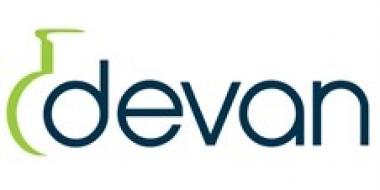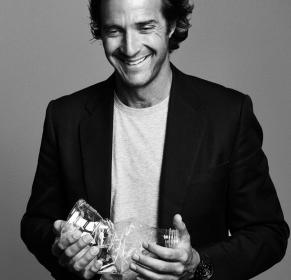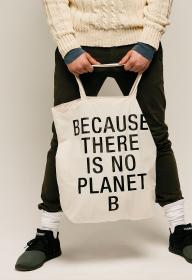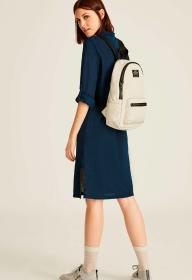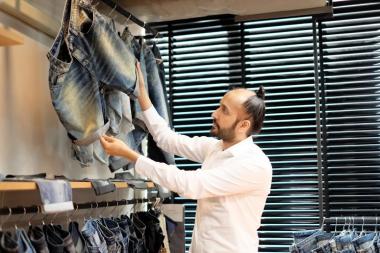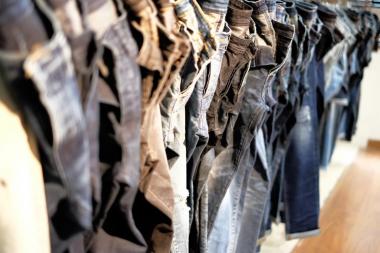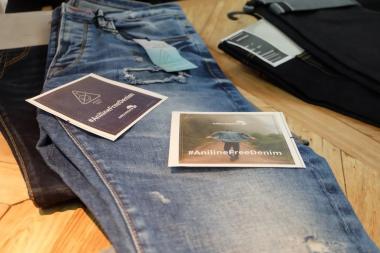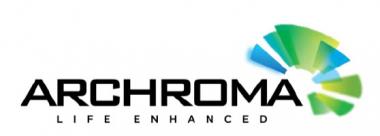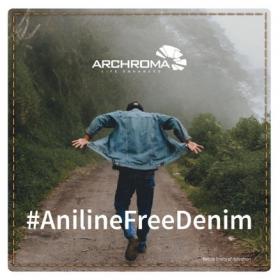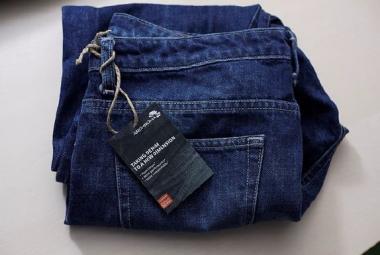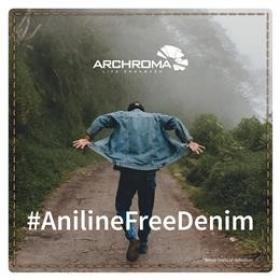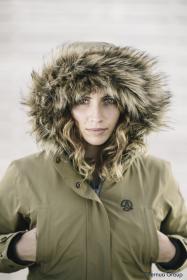RUDOLF GROUP: sustainability and performance with ECO-VENT®
A new generation of ecological PU coatings with water vapour permeability
Today, nearly all “breathable“ PU direct coatings are applied from solvent systems. These products partly contain very harmful and environmentally hazardous solvents.
To solve the “solvent“ problem, RUDOLF GROUP developed ECO-VENT®:
A water-based coating solution that opens up new perspectives for numerous coated fabrics, which are permeable to water vapour and, thus, breathable.
The optimum PFC-free, waterproof and breathable protective clothing can be finished with RUDOLF’s cluster of supreme technologies:
- Outer fabric finished with BIONIC-FINISH®ECO
- Direct coating made from ECO-VENT®
- Lining with moisture control due to hydrophilic HYDROCOOL®
RUDOLF GmbH








